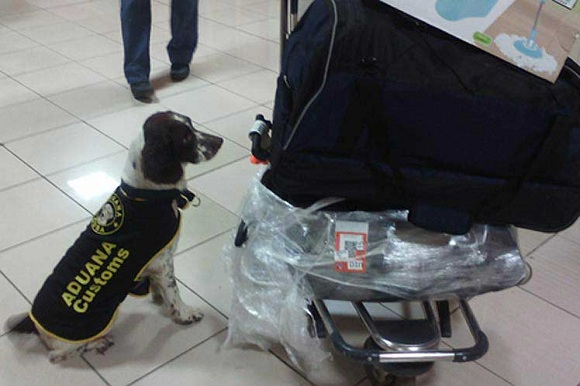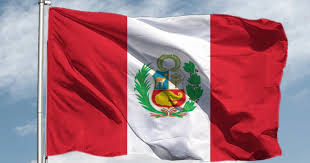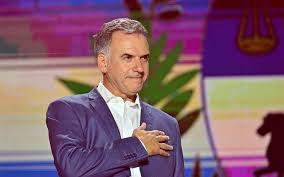
HAVANA, Nov 30 (NNN-ACN) — The current situation of the fight and prevention in Cuba against both international and domestic drug trafficking was addressed in the Cuban prime time TV Round Table with the presence of authorities of the Ministry of Interior (Minint), the People’s Supreme Court, the Ministry of Education and the Union of Young Communists.
Colonel Juan Carlos Poey Guerra, head of the National Anti-Drug Directorate of the Minint, informed that together with the General Customs of the Republic, the “Secure Border” operation is being carried out, mainly aimed at reinforcing the actions of obstruction and response to the operations from the main origins.
In addition, the Minint improved and developed the closures through checkpoints and road points in order to prevent the movement of crime and drugs to the provincial capitals and mainly to the country’s capital, he said.
Among other actions to combat the scourge, the permanent preparation of members of the educational and public health system is maintained for early warning and timely detection of these events.
On the other hand, there is a high level of rigor in the penal and penitentiary legal policy, with permanent preparation for the execution of special techniques in conjunction with the Prosecutor’s Office in accordance with the new Criminal Procedure Law.
In addition, Cuba has international criminal assistance for the capture and extradition of Cubans who participate in drug operations against Cuba, emphasized Colonel Poey Guerra.
For her part, Iliana Julia Gómez Guerra, president of the Chamber for Crimes against State Security of the Supreme People’s Court, explained that illegal conducts linked to drugs are foreseen in the Penal Code as crimes against public health.
Gómez Guerra clarified that possession and trafficking are punished, but not consumers.
Penalties for traffickers range from four to 30 years of imprisonment, life imprisonment and even death, depending on the crime committed, whether it is the manufacture, possession, trafficking, scamming, possession of seeds, among other illicit activities.
Penalties are also more severe if a person under 18 years of age is used to commit the drug-related crime.
Likewise, it happens if these activities are carried out in educational and sports institutions, penitentiary establishments, welfare centers or in their vicinity, in areas where children go to do sports, study or recreational activities, because children and adolescents must be protected, he pointed out.
For more than 20 years, the Governing Council of the People’s Supreme Court ordered the specialization of judges for the processing and solution of drug-related crimes, due to their complexity. These are processes that are always processed quickly, in accordance with the country’s zero tolerance policy, said Gómez Guerra.
In his appearance on the television program, Eugenio González Pérez, deputy minister of Education, referred that since 2019 the ministerial resolution 111 establishes the procedure to carry out preventive educational work, which with flexible character allows each educational institution to adjust it.
Said resolution, he explained, offers autonomy to schools, municipal and provincial directorates of Education not only for the confrontation and rehabilitation, but also for the prevention to these phenomena.
Gonzalez Perez explained that most of the events involving adolescents and young people occur outside educational institutions. However, the school is integrated in the work with these youngsters, together with the basic work group.
He said that differentiated educational strategies are vital, aimed not only at knowledge but also to enhance other learning related to socioemotional and behavioral aspects.
Among the main challenges, he highlighted the need to contribute to raising the culture of rejection of drugs, as well as to support the preparation of the family and diversify communication strategies to continue warning in a timely manner. — NNN-ACN





